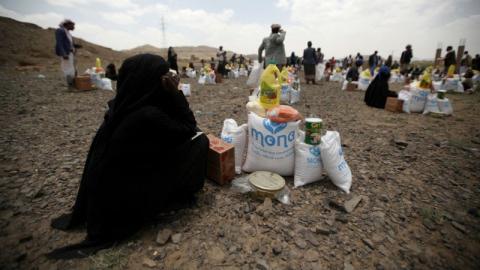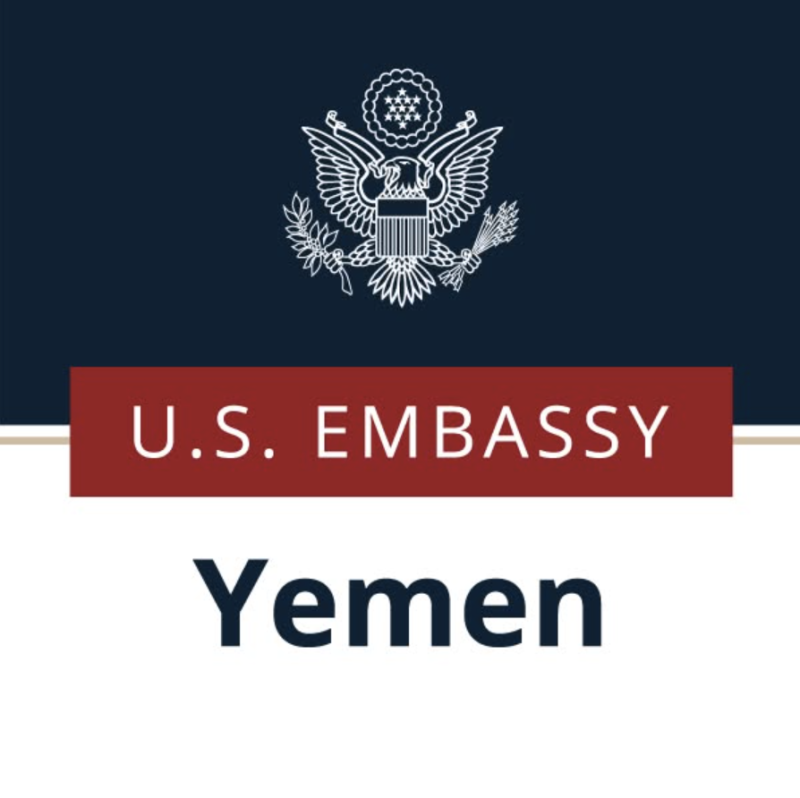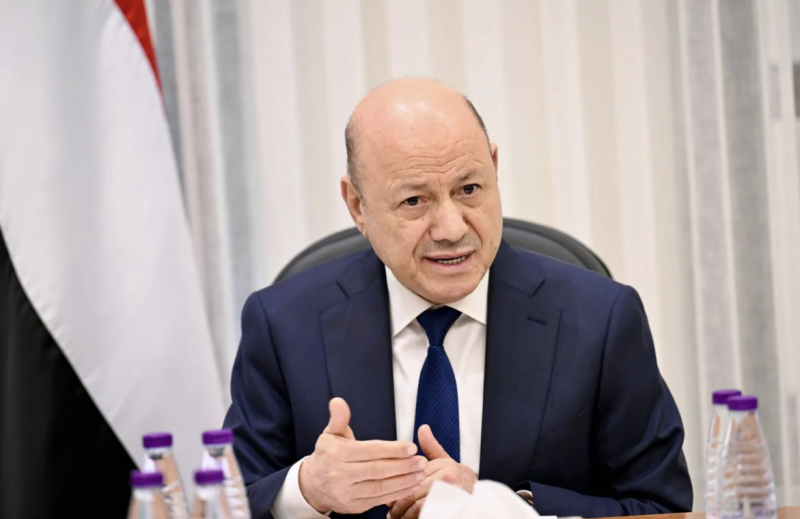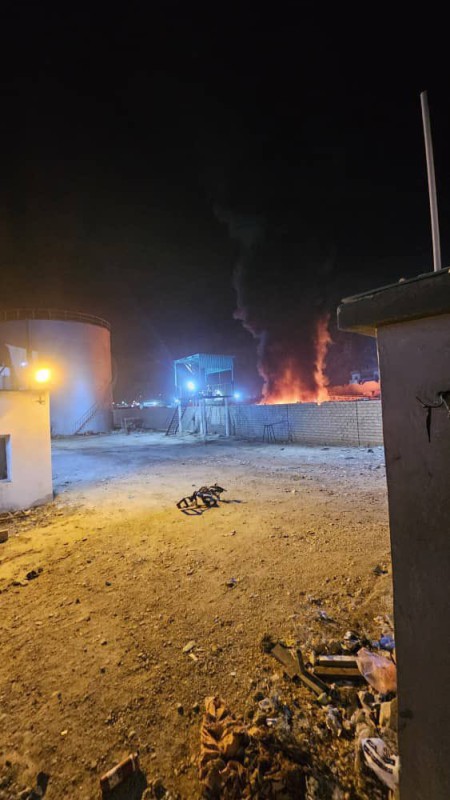U.N. Pulling Americans From Northern Yemen Ahead of Houthi Terrorist Designation


The Trump administration’s parting gift to Saudi Arabia has made it necessary to evacuate at-risk aid workers from the world’s worst humanitarian crisis.
American staffers for the United Nations and some workers at nongovernmental organizations have been relocated out of northern Yemen in anticipation of the Trump administration’s possible terrorist designation for the Iran-backed Houthi rebels that is likely to complicate aid deliveries and further exacerbate the humanitarian crisis in the war-torn country.
Officials familiar with the decision said that more than a dozen Americans working for the U.N. and international relief agencies in Yemen have been transferred temporarily out of Houthi-controlled territory in Sanaa. It remained unclear whether they have been redeployed to southern Yemen or to the Ethiopian capital of Addis Ababa, or when they might return. Depending on conditions in the country, the staff could return to regular rotations after a short leave.
On Monday night, the U.N. sent an urgent WhatsApp message to relief agencies warning it was “most likely the designation of AA [Ansar Allah] as a terrorist organization will take place tonight by US Gov. UN are encouraging all US citizens to leave the North of Yemen as the implications are unknown.” Ansar Allah is the formal name of the Houthi movement, which recently freed two American hostages in the lead-up to the US election, which had been seen as a potential thaw with the group.
“While it is not likely to be too harsh e.g. kidnapping it could result in restriction of movement. A list of those wishing to leave Sanaa to Aden or Addis on the Wednesday flight will be accommodated,” the WhatsApp message continued.
The U.N.’s expectation that the U.S. designation would occur on Monday was not borne out, but U.N. officials went through with the relocation of American workers.
The U.N. is not characterizing the move as a formal evacuation but a forward rotation of Americans out of Houthi-controlled zones, akin to an early leave that officials take each month. But it reflects growing concern among aid organizations and the U.N. that the Houthis, a Shiite group that controls territory in Yemen’s mountainous northern region that’s home to the bulk of the country’s population, could retaliate against U.S. citizens after the Trump administration designates the group as a terrorist organization. Last year, aid agencies in the town of Dhale were attacked with rocket-propelled grenades, forcing 12 organizations to suspend operations.
But it also reflects growing pessimism about the impact of the designation on a potential humanitarian response, which had already been hampered by the coronavirus pandemic and a prior suspension of U.S. aid. Yemen is considered the world’s worst humanitarian crisis, with over 24 million people, around 80 percent of the country’s total population, in need of humanitarian aid and millions of people on the brink of famine. Aid organizations and experts worry that the designation could lead to further food insecurity, as well as complicating international financial transfers for a nation heavily reliant on imports and remittances.
“The lives of millions of vulnerable children in Yemen are already at risk—this policy will only deepen their suffering by further restricting humanitarian access to vulnerable communities. Recent evidence continues to point to a worsening malnutrition crisis for children,” said Janti Soeripto, the president and CEO of Save the Children. “Even if a humanitarian exemption is permitted, this designation will likely make reaching children and families more difficult and could also heighten security risks for our staff and hinder the fragile peace process.”
While current and former U.S. officials said the decision was imminent, Trump administration officials haven’t made any public announcements about designating the Houthi movement. Though it was seen as likely that Secretary of State Mike Pompeo would announce during his trip to Saudi Arabia next week, the State Department could also drag out the decision in order to give Riyadh leverage to eke out a back-channel cease-fire deal with the Houthis in talks that resumed this week.
“The State Department doesn’t offer sneak previews of any designations actions that we might or might not be considering,” said Nathan Sales, the State Department coordinator for counterterrorism, when asked about the matter in a briefing to reporters on Tuesday.

Washington – The United States has voiced concern over recent developments in southeastern Yemen, stressing the importance of avoiding any st…

Riyadh --  Yemen’s Presidential Leadership Council Chairman, Rashad al-Alimi, announced on Tuesday a nationwide state of emergency, effe…

 Mukalla – The Saudi-led Arab Coalition has requested the immediate evacuation of civilians from Mukalla Port in Hadramout province.&nbs…